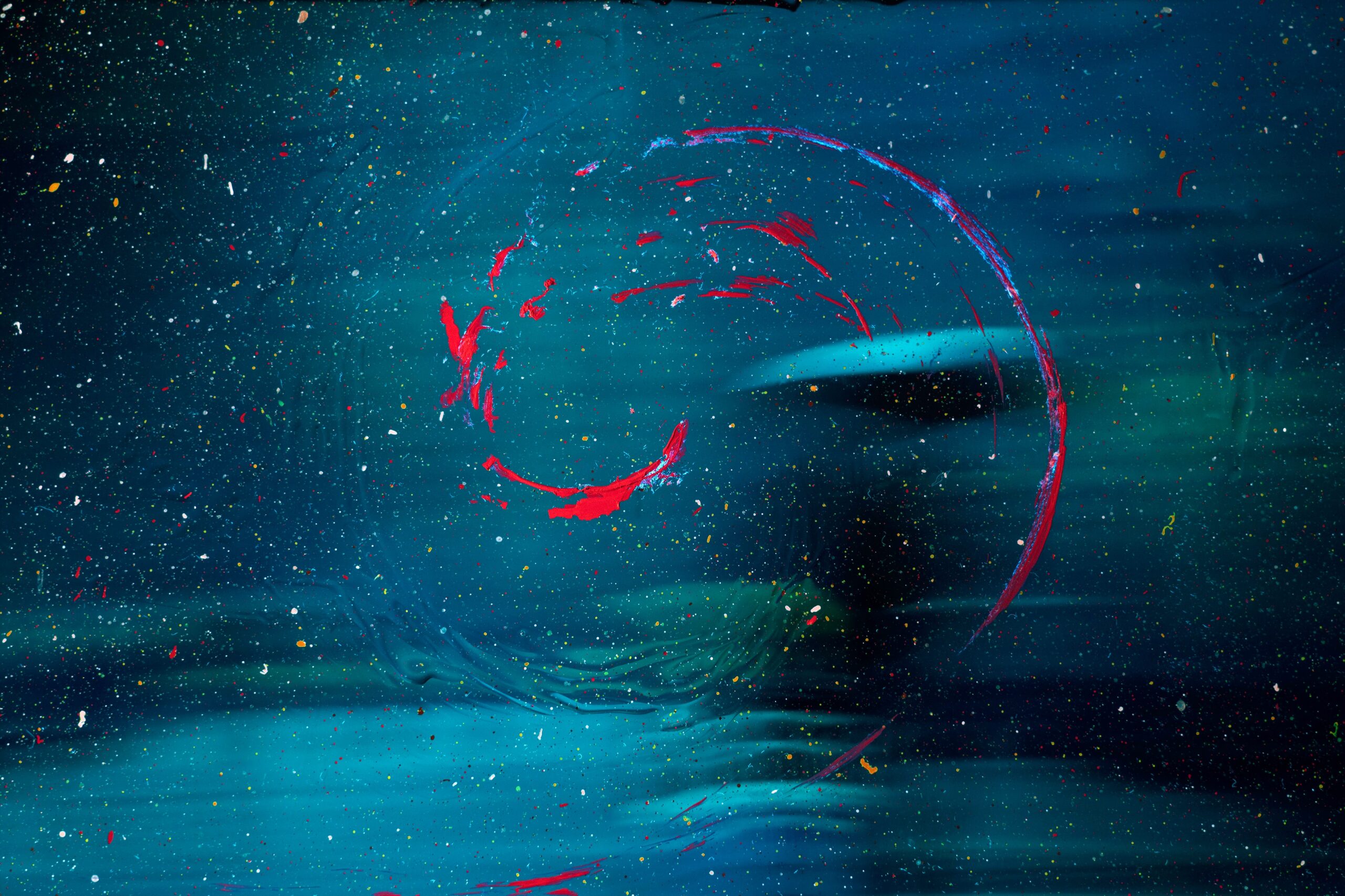More Known
Approaching 1 billion views, Ken Robinson’s 2006 TED Talk, “Do schools kill creativity?” has undeniably resonated with people in and beyond education. Balancing dry, laugh-aloud humor with seriousness of purpose, Robinson argues “that creativity now is as important in education as literacy” and that “all kids have tremendous talents, and we squander them ruthlessly.”
How do we not squander those talents? Empower children to create—to create their own meaning, at all ages in all disciplines. Robinson adds: “What we do know is, if you’re not prepared to be wrong, you’ll never come up with anything original…. And by the time they get to be adults, most kids have lost that capacity.”
Commenting on how most adults exist in workplaces that “stigmatize mistakes,” Robinson states the challenge:
“Picasso once said this, he said that all children are born artists. The problem is to remain an artist as we grow up. I believe this passionately, that we don’t grow into creativity, we grow out of it. Or rather, we get educated out of it…. Truthfully, what happens is, as children grow up, we start to educate them progressively from the waist up. And then we focus on their heads…. We have to be careful now that we use this gift [of human imagination] wisely…. And our task is to educate their whole being.”
As teachers, how might we remain artists and ensure that our students do, too. If you haven’t seen or listened to Robinson’s TED talk, please do.
Less Known
Without the same explicit charm and wit of Robinson, David Kelley (founder of IDEO and Stanford’s d.school, in his Ted Talk “How to build your creative confidence,” serenely talks and story-tells through “guided mastery” as a means of fostering “self-efficacy” and “creative confidence,” saying:
“It would be really great if you didn’t let people divide the world into the creatives and the non-creatives, like it’s some God-given thing, and to have people realize that they’re naturally creative, and that those natural people should let their ideas fly; that they should achieve what Bandura calls self-efficacy, that you can do what you set out to do, and that you can reach a place of creative confidence and touch the snake.”
So, following Robinson, while it might take a moment to trust that Kelley has to say something you’ll carry with you, settle into these quieter eleven minutes of ideas and consider their impact on your work with students.
Even Less Known
Zach King, in his Ted Talk “The trick to regaining your childlike wonder,” calls upon adults to encourage ditching our assumptions to regain our childlike wonder and creativity. As his brief TED bio notes, “King runs a film studio in Los Angeles focused on making content that surprises, uplifts and sparks imagination,” and, while a touch kitschy, his 8-minute TED Talk accomplishes all three. Whether to your kindergartners, your seventh-graders in Science, or your Seniors in studying a novel in English or a particular moment in time in World History, think about how you might offer—at some point in their learning—King’s box-full of possibilities to your students.
